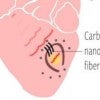
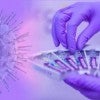
As part of a coordinated effort to combat COVID-19, Rice University has established a research accelerator fund to support projects intended to help end the pandemic and prepare for similar outbreaks in the future.

Rice University joins consortium to improve medical device design
The effectiveness of medical devices comes down to one simple question: Is it usable?
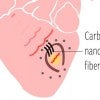
Heart nanofibers in STAT Madness semifinals
Texas Heart Institute and Rice University’s heart-saving nanotube fibers have advanced to the semifinal round of STAT Madness.
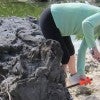
Coral tells own tale about El Niño’s past
Researchers from Rice and Georgia Tech studied ancient Pacific corals to improve computer model predictions of El Niño events.

Rice professors named AIMBE fellows
Two Rice University faculty members have been named to the College of Fellows of the American Institute for Medical and Biological Engineering.
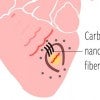
Heart nanofibers in STAT Madness quarterfinals
Texas Heart Institute and Rice University’s heart-saving nanotube fibers have advanced to the quarterfinal round of STAT Madness.
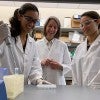
Bioengineers call for scale-up of COVID-19 testing to academic labs
Rice bioengineers are calling on federal officials to draft their lab and thousands like it to rapidly scale up coronavirus testing.

Heart nanofiber project makes STAT Madness round 3
A Texas Heart Institute/Rice project to use nanotube fibers to repair damaged hearts advances to round 3 of STAT Madness.
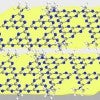
New nano strategy fights superbugs
Rice researchers imprint carbon nitride nanosheets to catch and kill free-floating antibiotic resistant genes found in secondary effluent produced by wastewater treatment plants. The strategy would prevent the DNA molecules from making downstream bacteria more resistant to drugs.

Natural bayou better when floods threaten Houston
A comparison of flood plains around Houston’s two major bayous shows the natural Buffalo Bayou is far better at managing floodwaters than the channelized Brays Bayou.


